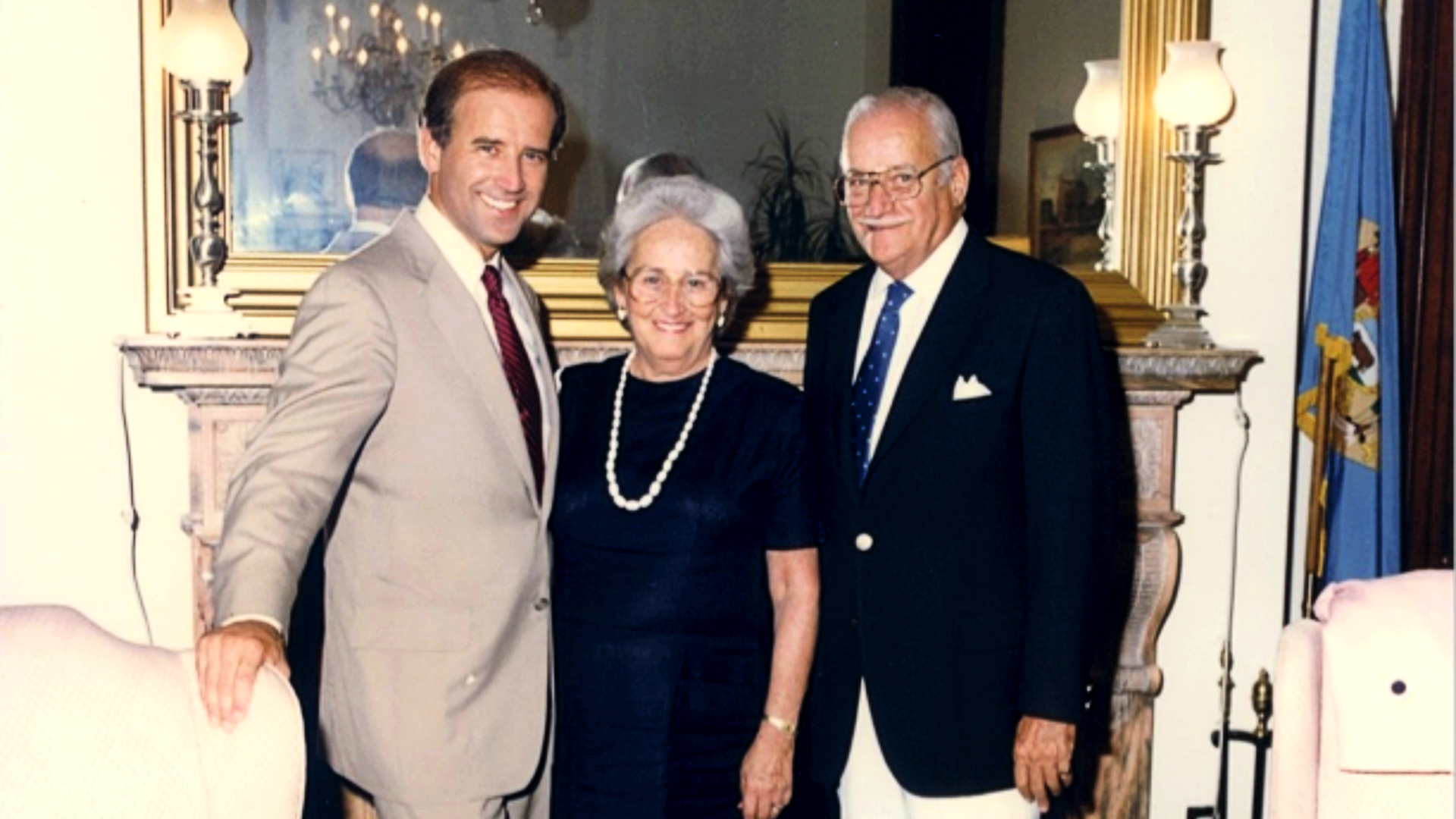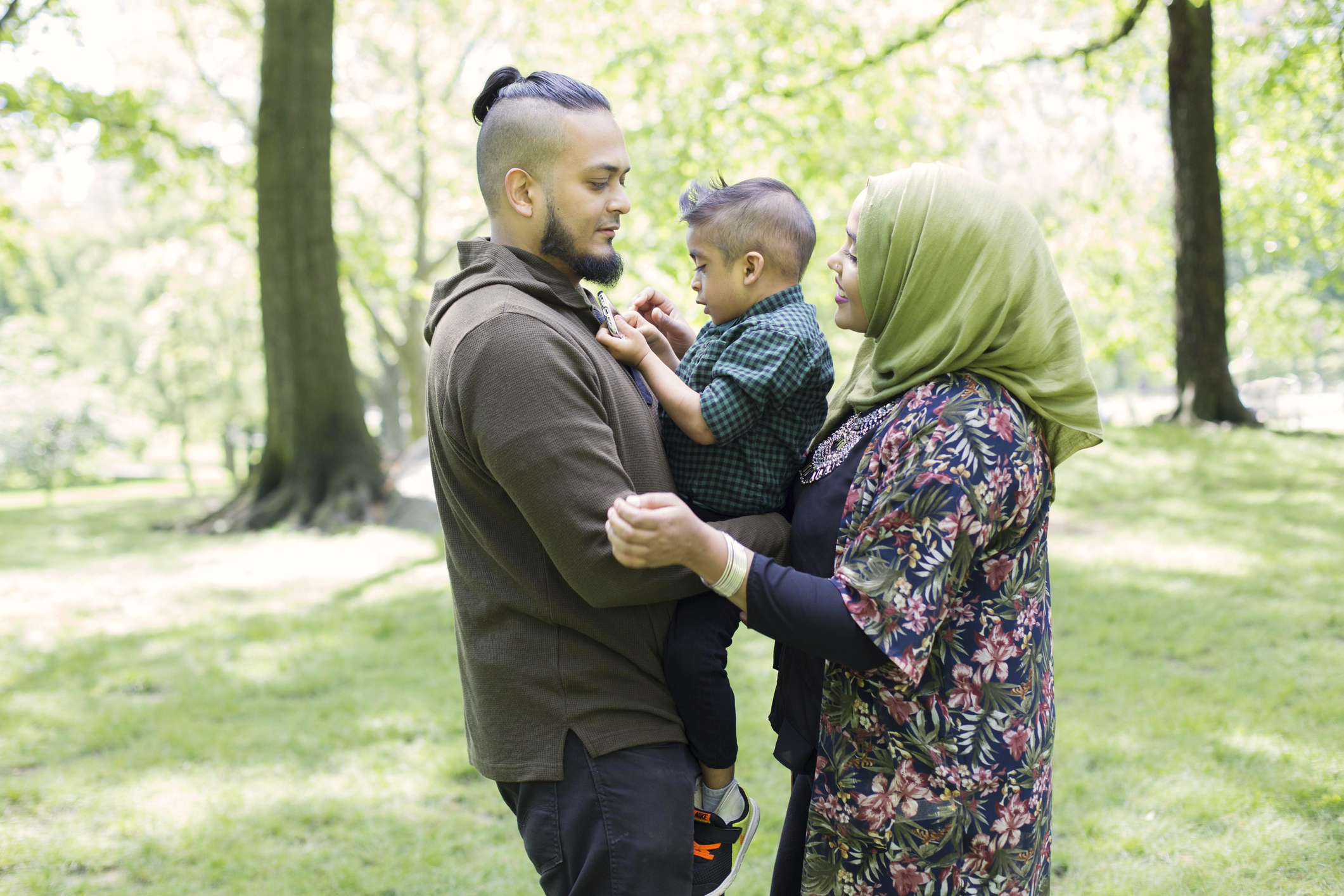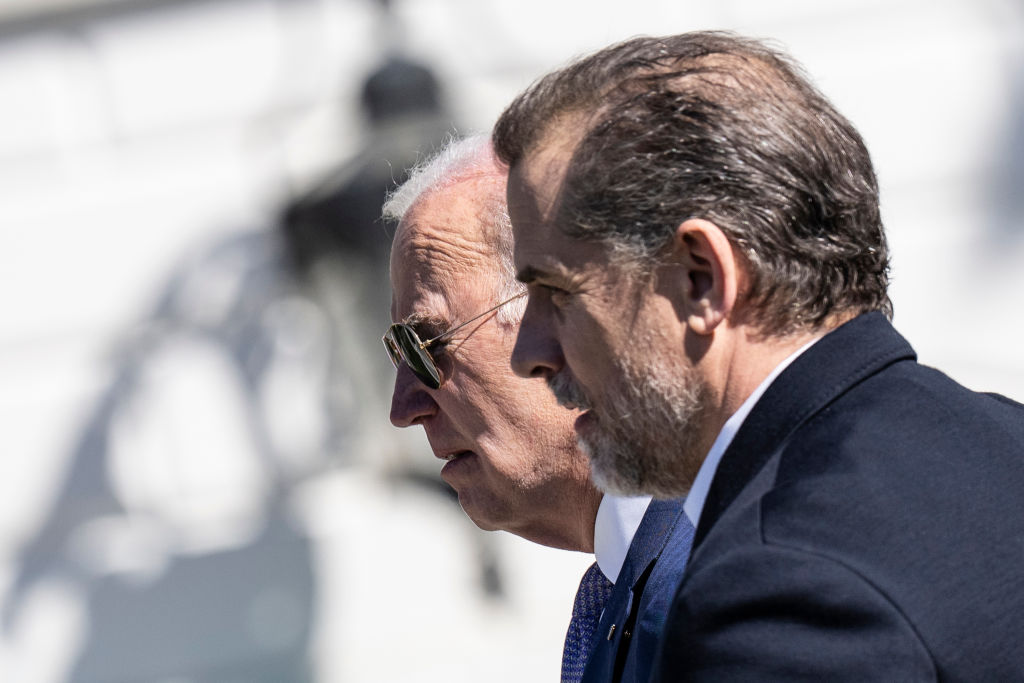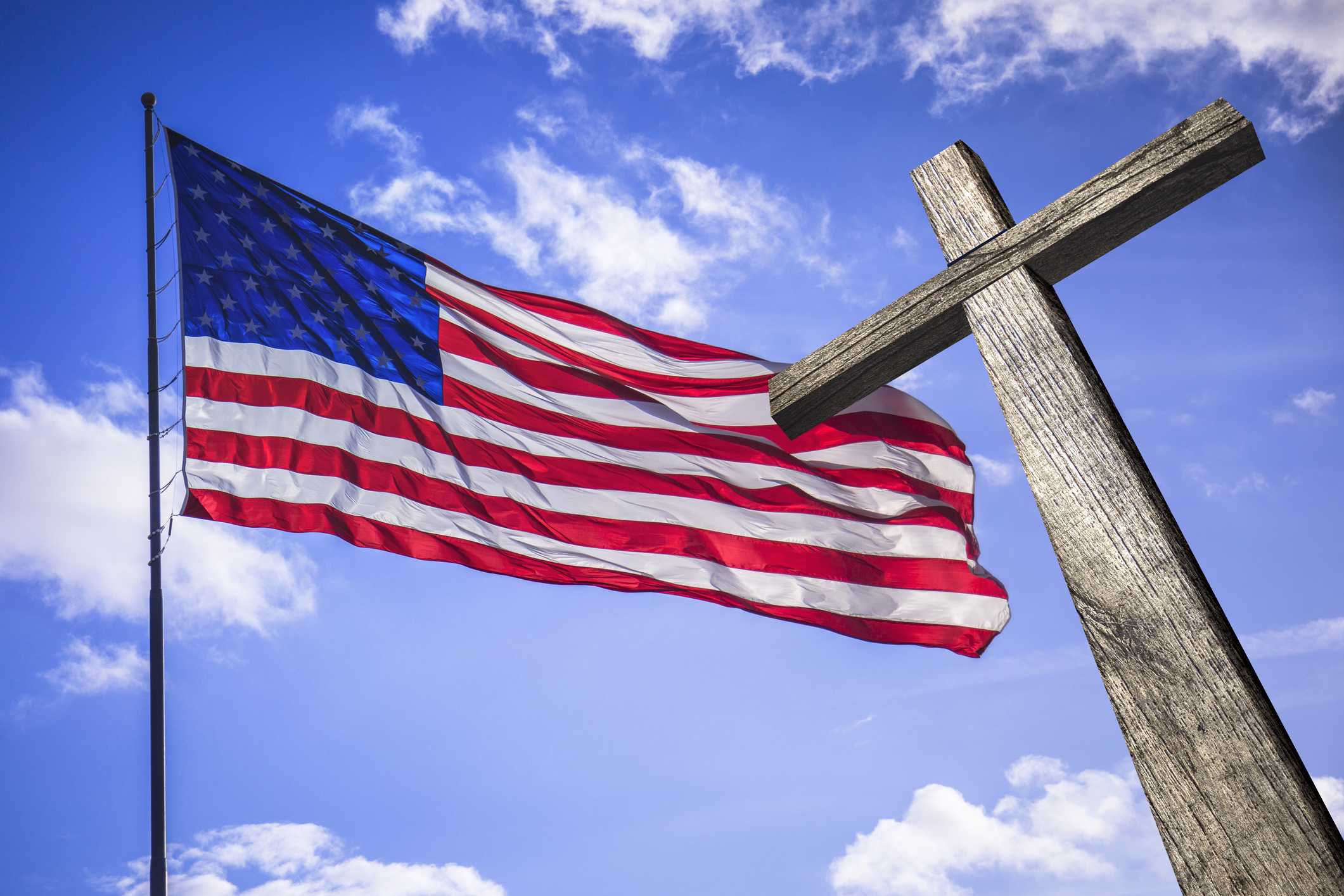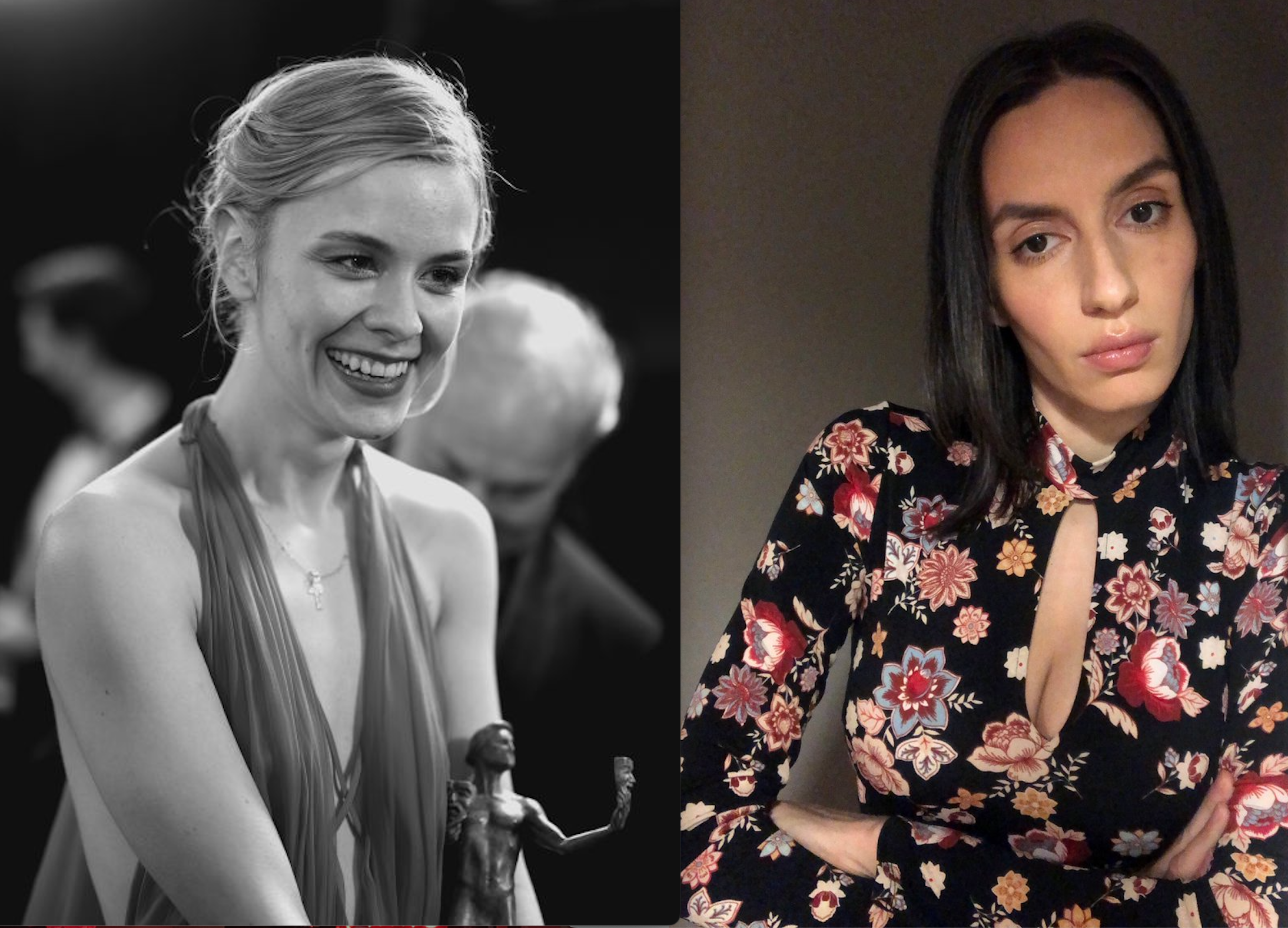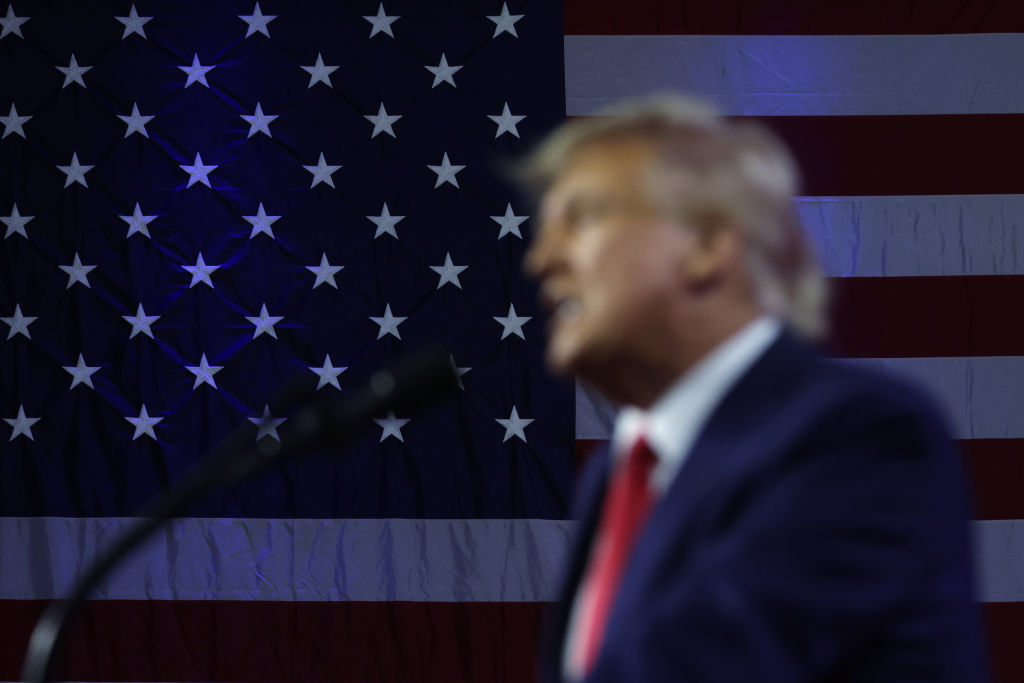A father's ultra woke wisdom for the time
Classical Education’s Regime Question
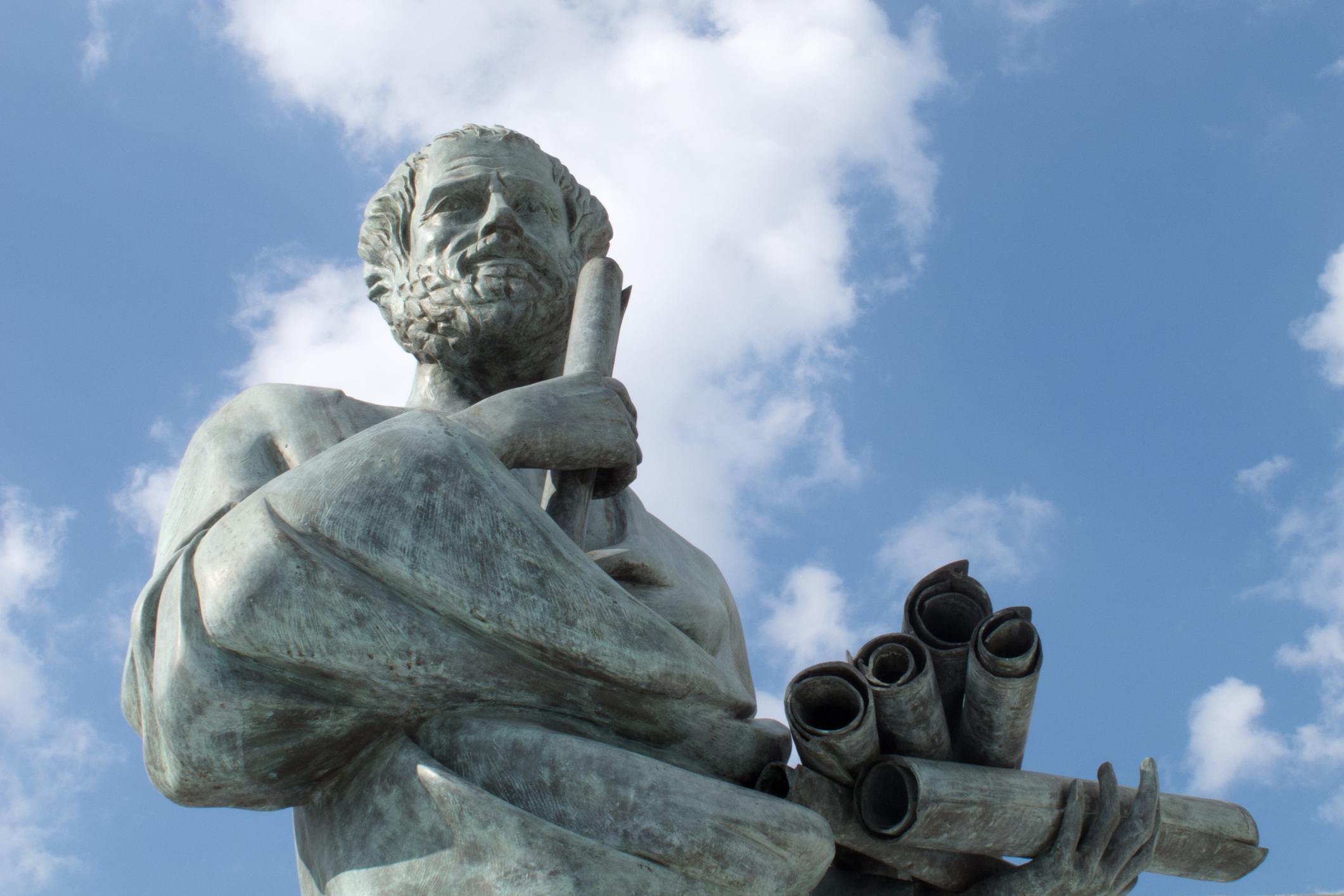
The future of Western civilization is at stake.
The truth that education is inherently political is what unites AGOGE, a fellowship of classical educators I recently helped found with friends and compatriots in the movement to renew classical education in America. As we wrote in our joint statement, classical education “is at odds with modern education politically.” The ideology being forwarded by public schools and institutions is inimical not just to the Western political and religious traditions, but to what is healthy and normal for human beings.
For this, the enemies of classical education attack it as being patriarchal or chauvinist, or lament the prevalence of white men in its curricula, which makes it even more clear to outsiders what the stakes are. But when classical ed’s defenders take these attacks to heart, they absorb their enemies’ premises and weaken this contrast. This is why I wrote in my personal response that “classical education is in danger from within, from those who would defend it on the grounds that it is not a threat to the orthodoxy of the present regime.”
To be blunt, many within the classical education world effectively promote the prevailing progressive ideology under cover of a curriculum of reading from an ever-expanding reservoir of classic texts, looking everywhere for transcendence, and emphasizing virtue instead of skills and college-readiness. These things are good insofar as they habituate students to think in human terms about fundamental questions, and to that degree they are an immense improvement over the purportedly value neutral objectives of our failing public schools.
But if such an education never confronts, and is in fact justified in the terms dictated by the spirit of the age, it cannot truly be called a classical education. It is a fancified progressive, global education—but it is neither an American nor Western one.
This type of education focuses on the “freedom” and “dignity” of the “human person” to avoid facing up to the fact that the present regime, through its narcissistic obsessions with race, class, and gender, undermines and perverts the higher aims of Western civilization. Unfortunately, many in classical ed’s big tent share these obsessions and eagerly, but perhaps unwittingly, promote this project.
Liberal education opens the mind to the expansive regions of human thought, to an inner life of leisure and beauty rather than one dominated by concerns of necessity and utility. A purely political education, in the sense of indoctrination toward narrow party-line ends, is bleak and constricting, characterized by fear and sloganeering. This is the direction our mainstream education is tending. Those in the orbit of classical education who oppose its characterization as “political” partly do so, I suspect, because they associate politics with such a direction. In their view, grubby and shameful partisan passions prevent students from seeing the true grounds of human flourishing.
Politics, however, is a ground of human flourishing, and the study of politics is essential to liberal education. We are born to live, to paraphrase Aristotle, but we live in political orders to live the good life. Politics is the art which establishes the authoritative ordering of arts and goods—that is, the regime under which we live. That is to say, it trains the soul in its loves and hates, ordering the affections and priorities.
Do those who oppose the characterization of education as political do so because they are satisfied with the order of goods of our present regime? That is, do they share the moral and political goals of the modern Left? Do they agree that questions of race, class, and gender are paramount? If so, they would find weak support in the tradition they propose to teach.
While past thinkers resist categorization by modern political distinctions, there are no great left-wing thinkers in the modern sense. Leftism is concerned with putting all intellectual and spiritual powers in service of achieving equality. Even those thinkers in the tradition who have made equality a theme have only been concerned with reconciling humanity to equality as a revolutionary fact, and preserving human greatness in spite of its leveling tendencies.
To be right-wing today is to reject the emphasis on race, class, and gender as paramount, and to accept equality as a legal condition, not a goal. It is not necessarily to be conservative, but to look to the classical tradition to ground one’s life and thought, and perpetually to reestablish the threads between our present and the inheritance from our fathers. It is to stand, judged by them, and receive their gifts with gratitude. This doesn’t mean that classical education is right-wing. But it does mean that only those who reject the left-wing calculus are in any kind of position to engage in anything worthy of that name.
How does the modern Left approach our intellectual and religious tradition? Insofar as it is concerned with it at all, it tends to rewrite it to reflect their present concerns.
Progressive education was meant to undermine the authority of tradition, to form the new democratic man, perpetually adaptable to the needs of the present, a shrewd, critical thinker, and a kind of scientist of his own experience unencumbered by inherited forms. The comparatively mild and conservative John Dewey said as much, and his successors have said much worse. Liberal education, liberal arts education, classical ed—since the progressive transformation, these have been on their heels, struggling to justify themselves and their concern with old books without questioning progressive assumptions.
The recent ordeal in classical education over gnostic woke narcissism—is classical ed “white supremacist”?; can we “save classics from whiteness”?; yes, we can “broaden and diversify”!—is simply the latest episode in this struggle to justify the tradition in light of the progressive critique. Multiculturalism is the latest stage, the current condition to which we are to educate students to adapt. In light of this condition, the relative mono-culturalism of Western civilization is the enemy.
The Good People of Classical Education
K-12 classical education in America is a democratic, even egalitarian, phenomenon. Its proponents have often felt a little awkward about and apologized for the aristocratic past of their tradition. One might even suggest that classical educators are embarrassed of the great edifice they stand upon. “We see further than the ancients,” they might say, “because we stand on the shoulders of monsters.”
That beloved tradition is not egalitarian, and certainly not diverse in the modern American sense. It includes few women and so-called “black, indigenous, and other people of color” (BIPOC). And like all intellectual and artistic traditions, its geniuses are mostly men. The exponents of that tradition have typically not found these facts embarrassing, or even, with some exceptions, particularly remarkable. That there are differences between peoples, and differences between men and women, which have led some but not others to create works of great artistic and literary value, was a cause for investigation but not of great angst.
Today, many in classical education, along with the rest of the academic world and the culture at large, take as a given that the tradition is wrong. The social and cognitive costs of defending it on its own terms are too high.
Ironically, the modern exponents of a tradition rooted in nobility, greatness, and hierarchy appear as sheepish yokels in the big city, ashamed of their rustic ways. This makes them susceptible to those who come to them bringing a promise of peace and reconciliation, who proclaim it’s not that their tradition is racist or sexist, but that we must “restore” the authentic tradition that included women and people of color! These savers-of-appearances, whatever their intentions, are effectively regime apologists who use the goodwill and kindness of classical educators to get them to swallow the poison pill of progressivism.
Good people of classical education, you need not take this pill. You need not succumb to moral blackmail. Yours is a beautiful tradition for which you need not apologize, and which needs no alteration to placate the vanity of ethno- and gender-narcissists. If you reframe the classical tradition outside the contours of Western civilization to appease regime censors, you will accept the censors’ premises and reify students’ narrow prejudices rather than invite them to be transformed.
What Regime?
How does opening up the tradition—that is, making it no longer Western—actually reinforce students’ narrow prejudices? Shouldn’t doing that open their minds and expand their viewpoint? That is the promise of the poison pill being offered to classical educators.
Yes, the tradition is open to all. The truth is in the most fundamental way universal. The “truth” and the “tradition” are intimately linked—but they are not the same thing. If you think the tradition itself, which has explicated that truth, is inherently universal then you have to believe there has been an unjustly excluded “other.” Failure to include BIPOC and women in your curriculum is then an act borne of prejudice and malice rather than reflective of the tradition itself.
However, if you acknowledge the tradition as our own, belonging to Americans who are inheritors of Western civilization through Jerusalem and Athens, Rome and London—that is, as belonging to a particular people—then nothing stops you from inviting “the other” to become worthy of and participate in it, just like everyone else. The spirit of classical education is to hold out the tradition as something to learn from and conform ourselves to rather than something to mold and shape to suit our modern fancies.
The classical tradition can be likened to a Trojan Horse: a beautiful gift you think is made for you and will adorn you nicely, but once taken in is found to be full of armed men who will cut you apart. You—white or black, man or woman—are the alien, the foreigner, the one who is found wanting. Instead of provoking your attempt to change the tradition and the world around you, your engagement with the tradition effects a transformation in yourself. It destroys your comforting illusions.
I believe our classical education universalizers, those who would rather say “human” than “Western” and speak more of “saints” than of “citizens,” could be pleased with that image. It will do for the purpose of showing that we do not engage with the tradition so that we may see ourselves celebrated and adorned, but that we may be convicted.
However, in another sense, the image of the Trojan Horse is inapt. The Trojan Horse was a gift of destruction, from one people to another, meant to destroy through the vanity of the receiver. Our tradition is ours, a gift of life from our forebears to our descendants. We must peer into its deep, living waters to see what is teeming there, to see what real life is. We must not, Narcissus-like, use it as merely a reflecting pool, glancing at it and vainly proclaiming either “I do” or “do not see myself in it,” as if our life and our present moment is the true measure of things.
Our classical tradition is a philosophic tradition, but it has particular shapes and forms, a language, a culture, a canon. We have a duty to pass these down to our posterity. Yes, we can add to it, but to do this, we must participate in it. For now, we are only barbarians sifting through ruins.
Those promising a super-political perspective are only training us further to accommodate ourselves to the spirit of the present age. The city, Socrates said, is “the greatest sophist,” because it seduces the young into sharing its base concerns, and those called wise in the city are like tamers of a great beast, who learn “the animal’s opinions—calling what delights it good and what vexes it bad.” Classical education is worthless unless it is free of such sophistry.
The American Mind presents a range of perspectives. Views are writers’ own and do not necessarily represent those of The Claremont Institute.
The American Mind is a publication of the Claremont Institute, a non-profit 501(c)(3) organization, dedicated to restoring the principles of the American Founding to their rightful, preeminent authority in our national life. Interested in supporting our work? Gifts to the Claremont Institute are tax-deductible.
American Muslims are increasingly ready to find common ground with conservatives against the radical Left.
There is no reasonable doubt that President Biden was an active participant in an unlawful, international influence-peddling scheme.
The Left’s latest cudgel against religious conservatives.
The Red Scare podcast brings a downtown dissident edge to the table.
The regime isn’t embarrassed by its violation of cherished liberal principles.

